Burundi’s Observatory for the fight against corruption and economic malpractice (OLUCOME) has called on the Burundian government and the ruling party, CNDD-FDD, to initiate an inclusive and truth-based national dialogue to address the country’s long-standing political and social crises.
Speaking on Wednesday during an evaluation of the recent elections held in the political capital, Gitega, OLUCOME’s chairperson, Gabriel Rufyiri, urged political leaders to confront the country’s challenges honestly and collectively.
“We should have honest discussions about the real and important problems,” Rufyiri said, according to local radio station Bonesha FM. “Now that we are evaluating how the elections went, we should take this opportunity to speak the truth — especially among those who were elected.”
He emphasized that Burundi’s recurring crises stem largely from the country’s political culture and leadership choices.
“The problems in our country are well known — we all know them and we all see them,” he said. “Many of these problems come from the kind of people we choose to put forward.”
Warning Against a De Facto One-Party System
Rufyiri also expressed concern over what he described as the growing dominance of the ruling CNDD-FDD, accusing it of steering the country toward a one-party system.
“How can one explain that the ruling party ends up controlling everything in the country?” he asked. “It used to be UPRONA — everything seemed to belong to it. Now CNDD-FDD has been in power for a long time and continues to believe it can exist alone.”
He appealed to the ruling party to allow open debate and democratic participation, warning that exclusionary politics could plunge the nation back into crisis.
“Politicians, especially those in the ruling party, bear a great responsibility,” Rufyiri said. “You must allow open debate on important national issues. There are no real debates today, yet there is something called truth. Speak the truth, but do so with goodwill.”
Disputed Elections
Between June and August, Burundi held a series of elections, including legislative, communal, senatorial, and local votes. The country’s electoral commission, CENI, declared a landslide victory for the CNDD-FDD, which won 96.51% of the vote—securing all seats in both the National Assembly and the Senate for the first time since taking power in 2005.
While local and international observers described the elections as peaceful, opposition parties and civil society groups dismissed the results as neither fair nor transparent, alleging widespread irregularities. Reported issues included ballot stuffing, voter intimidation, and the exclusion of opposition representatives from polling and vote-counting stations.
Rufyiri warned that without genuine dialogue and political reform, Burundi risks repeating the painful history of political violence and mass displacement.
“Let there never again be bloodshed because of elections. Let us not see people fleeing the country because of elections,” he said. “Do not forget that there are still hundreds of thousands of Burundians living in exile.”
Burundi has faced repeated cycles of political unrest, most recently during the 2015 crisis, when protests erupted against the late President Pierre Nkurunziza’s controversial third term. The unrest forced hundreds of thousands of Burundians to flee the country, many of whom remain in exile today.
OLUCOME’s leader insists truthful and inclusive dialogue remains the only viable path toward lasting peace and stability.
“We must confront the real issues,” he said. “Those in power must accept open discussions. Speaking the truth with goodwill can help this country heal.”

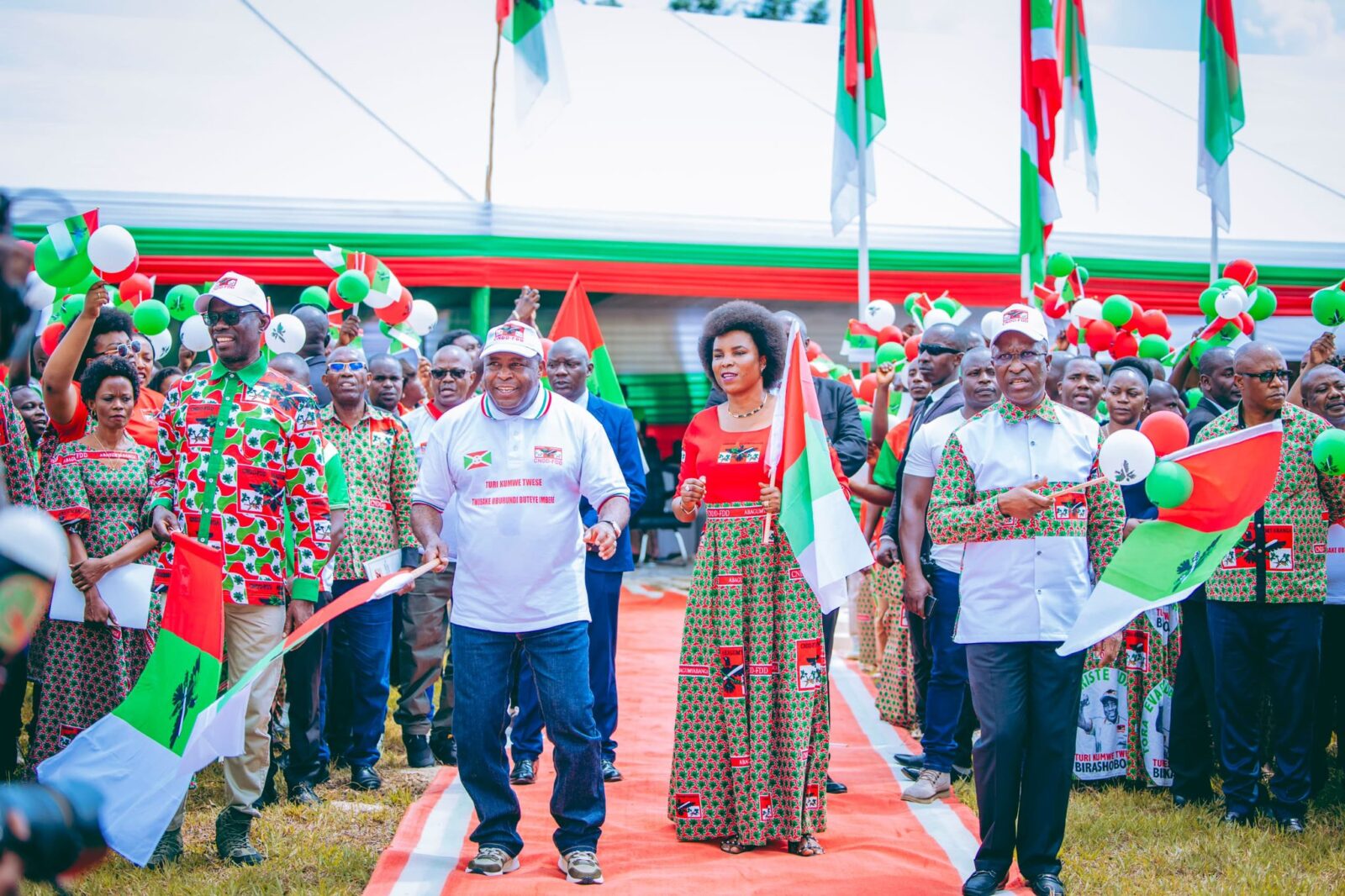
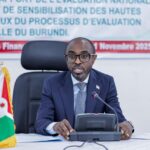
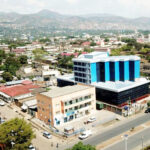
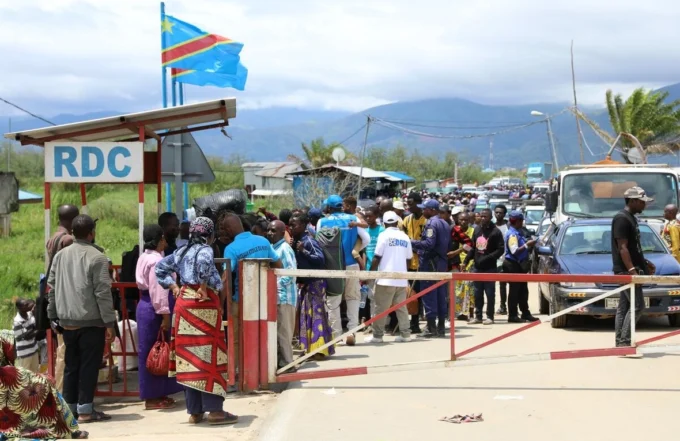
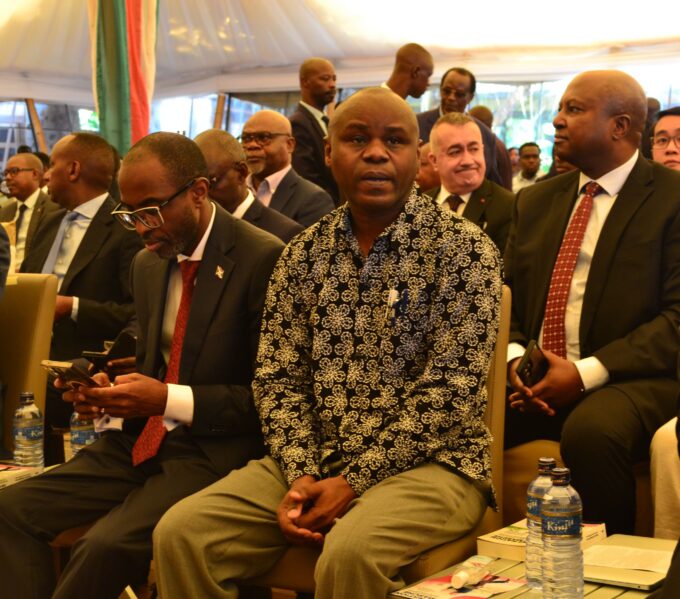
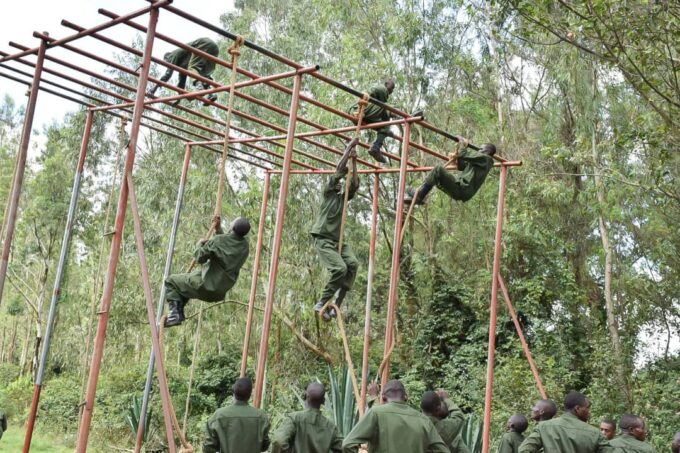
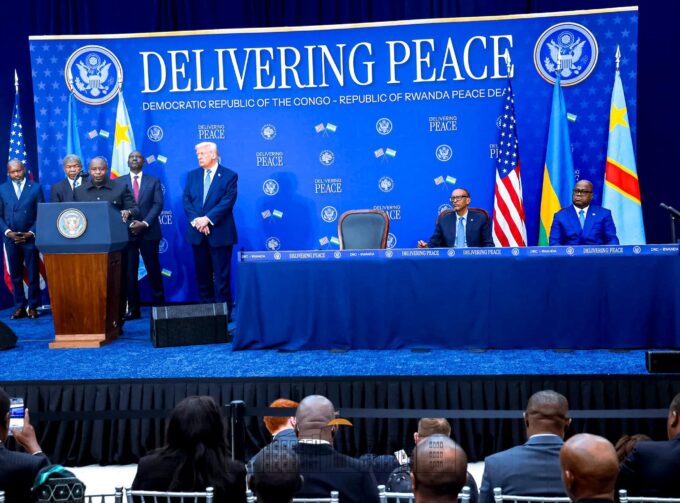
Leave a comment